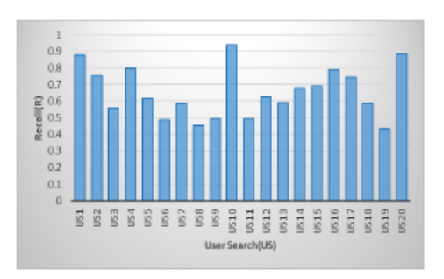


Indian Journal of Science and Technology
Year: 2023, Volume: 16, Issue: 31, Pages: 2447-2457
Original Article
J I Christy Eunaicy1*, V Sundara Vadivelu2
1Assistant Professor, Department of CA & IT, Thiagarajar College, MaduraI, Tamil Nadu, India
2Head & Associate Professor, Department of Computer Science, Aringar Anna Govt. Arts College, Villupuram, Tamil Nadu, India
*Corresponding Author
Email: [email protected]
Received Date:10 April 2023, Accepted Date:03 July 2023, Published Date:18 August 2023
Objectives: The semantic e-learning model aims to be the next generation of e-learning as it enables advanced representation, manipulation and re-use of learning materials and knowledge semantics in efficient online learning experiences. The modeling of semantic-based content retrieval for e-learning with secured content. This system will provide users with access to relevant educational resources in an easy-to-use, secure, and anonymous environment using semantic technologies. Methods: Semantic Web resource description format is proposed in this document by using a framework for automatically generating semantic words (SEMWORD) based on a user’s keyword. Findings: Using SEMWORD and user queries to generate RDF (Resource Description Framework) for the query processor, this work aims to find relevant semantic content. In order to find semantic content, the semantic word is mapped. In e-learning, the tuned semantic content is built into constraints, such as B. In order to ensure security, the Learner needs to log in and enter their credentials. Students are recommended semantic-based content with relevant information based on their interests based on the retrieved semantic content. Novelty and applications: This e-Learning system employs semantic web in a three-fold utilization. It includes describing the semantics of learning materials by using SEMWORD, defining their learning contexts, and structuring learning materials in courses using Semantic Web technology with the security aspect of novel encryption algorithm. Multidimensional use of Semantic Web in e-Learning is innovative and can potentially improve its effectiveness.
Keywords: Semantic Web; E-learning; SEMWORD; Security; Ontology; Content Retrieval System
© 2023 Eunaicy & Vadivelu. This is an open-access article distributed under the terms of the Creative Commons Attribution License, which permits unrestricted use, distribution, and reproduction in any medium, provided the original author and source are credited. Published By Indian Society for Education and Environment (iSee)
Subscribe now for latest articles and news.